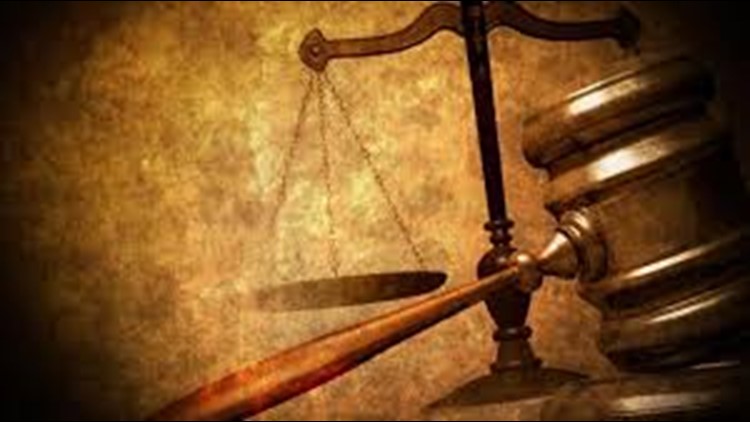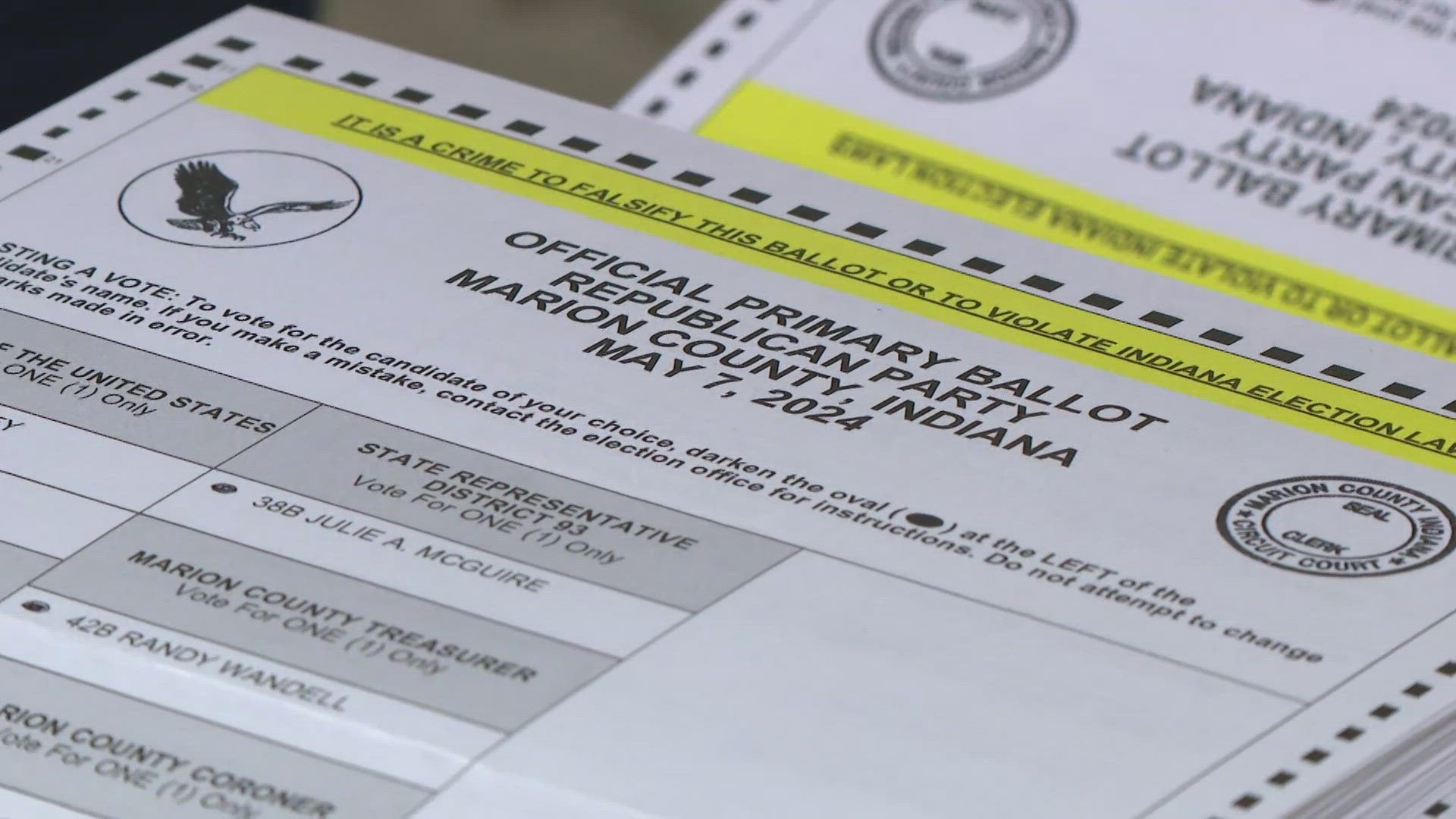INDIANAPOLIS — As the 2020 election approaches, part of Indiana's process for counting absentee ballots has been ruled unconstitutional.
The U.S. District Court for Southern Indiana issued an injunction Thursday that stops the Secretary of State and all local election officials from rejecting mail-in absentee ballots on the basis of a signature mismatch between what is on the ballot and what is on a county's voter rolls.
In her ruling, Judge Sarah Evans Barker ordered Secretary of State Connie Lawson to instruct election officials to find a way to inform voters of signature mismatches, and offer a procedure to verify their signatures so their ballots can be counted in the Nov. 3 election.
Three residents of St. Joseph County argued they voted absentee in the 2018 fall election, but did not learn their ballots were not counted until February 2019. Two of the plaintiffs are over 65, and testified their signatures vary from what is recorded on voter rolls, their absentee ballot applications and their actual ballot envelopes provided by the election board.
Common Cause Indiana (CCI) argued on the voters' behalf, saying the Indiana Code provides no standards or guidelines for election boards or absentee ballot counters to help decide whether an absentee voter's signature on their absentee voting affidavit is "genuine" or whether the voter's signature on their application "corresponds" with the signature on the affidavit. Election board members and absentee ballot counters also don't receive training in handwriting or signature analysis, CCI argued.
A handwriting expert testified that an election official would not be sufficiently trained to recognize a signature disparity.
Other ballots not counted in 2018
A volunteer for CCI made public records requests for mail-in absentee ballots that were rejected for signature mismatch in the 2018 Indiana general election. Records were requested from Indiana's 19 highest populated counties for all mail-in absentee ballots in the 2018 general election that were rejected based on the signature comparison requirement under Indiana law.
Eighteen counties responded. Ten reported no ballots were rejected for signature mismatches.
Of the other eight that did report rejected ballots, St. Joseph County totaled 39 rejections out of its nearly 6,000 absentee ballots, or 0.7%. That percentage was the highest in the state in 2018. By comparison, Marion County and Lake County each rejected 0.4% of their 2018 absentee ballots based on signature mismatches.
CCI found that record keeping practices for the rejection of mail-in absentee ballots based on the signature requirement varies between counties. Lake County sends a form letter to voters after the election telling them the reason their ballot was rejected, and according to CCI, is the only Indiana county that puts forth an effort to inform a voter about the rejection. But by the time they receive their letter, the election is over and they cannot do anything to resolve the signature discrepancy.
Former State Senator Billie Breaux of Indianapolis testified that she applied for an absentee ballot in Marion County in 2018, had her application approved and signed and returned her ballot affidavit with her ballot. She found out in January 2020 that election workers had determined one of her signatures was not genuine or they did not match each other. She was never informed by Marion County election officials that her absentee ballot was rejected. Had she been informed, Breaux testified that she would have provided confirmation of her signature.
Judge Barker cited that Indiana, or any state, is not bound by the constitution to provide a means for voting absentee. But, if a state does provide voters with that avenue, the process must provide those voters with notice and the "opportunity to cure" before their ballots are rejected for a perceived signature mismatch.
13News reached out to Secretary of State Lawson's office for reaction to the ruling. The secretary declined comment Friday.



